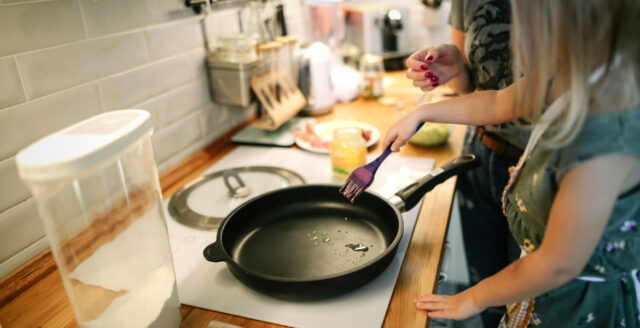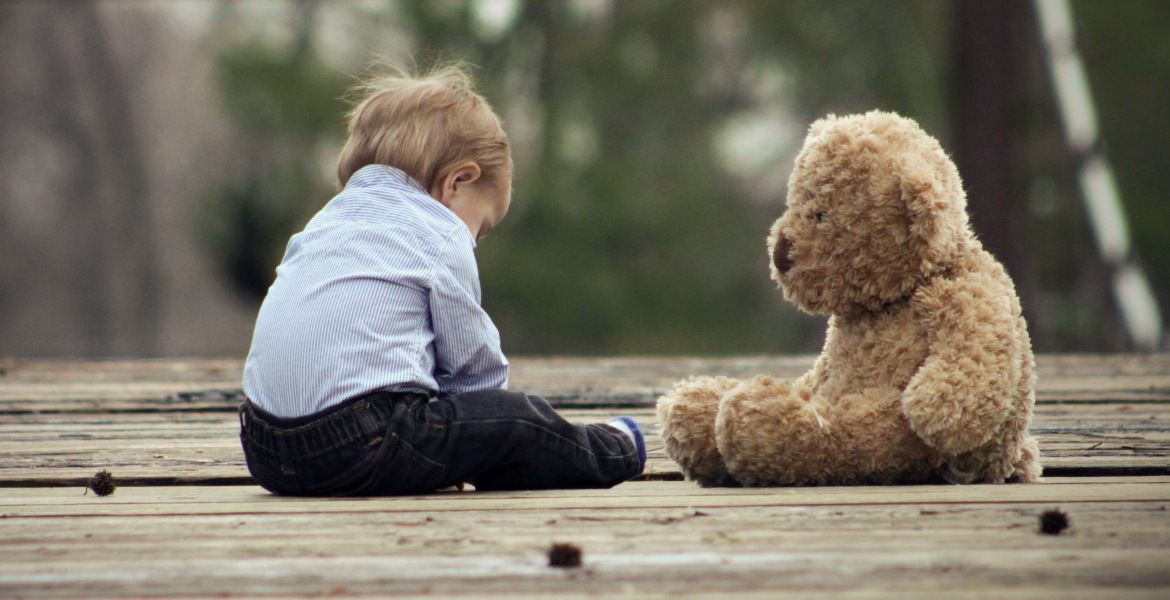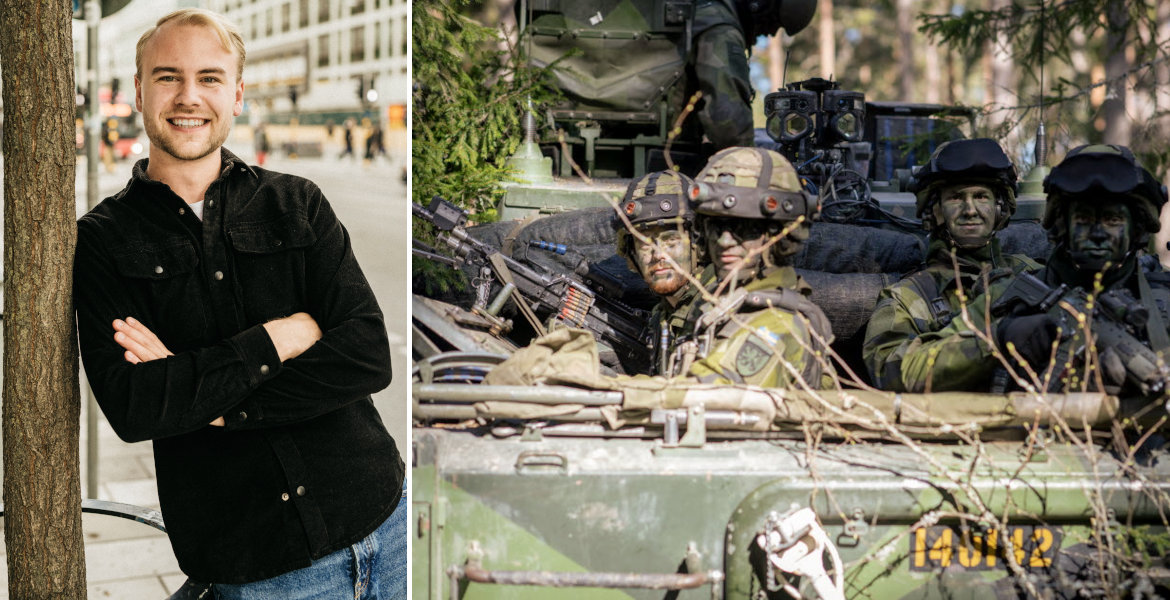According to new statistics from Statistics Sweden, a growing proportion of the Swedish population is experiencing escalating financial difficulties. Over the past two years, more and more people have found it difficult to cope with everyday expenses such as car ownership and vacations, as well as more obvious things such as heating their homes.
The statistics are based on the Survey of Living Conditions (Undersökningarna av levnadsförhållanden – ULF), which includes questions about the population’s personal finances.
Statistics Sweden’s (Statistiska centralbyrån- SCB) figures show a decline in financial security among Swedish households. In 2021, 58 percent of respondents were “easily or very easily” able to manage their household finances.
Two years later, this figure had fallen to 46 percent.
– Taking into account the margins of error, this means that between 700,000 and one million Swedes are now experiencing financial difficulties, says Katya Vasileva-Gull, a researcher at Statistics Sweden.
Can’t afford to heat your home
The proportion of people who find it “difficult or very difficult” to manage their finances has also increased, from 7 percent in 2021 to almost 9 percent in 2023.
One of the most striking changes is that more and more Swedes cannot afford to heat their homes. In 2022, almost 6 percent of the population said they could not keep their homes warm enough, compared to just under 2 percent two years earlier.
– We also see an increase in the number of people who cannot afford to own a car or take a week’s vacation a year, Vasileva-Gull adds.
Hardest for single women
Financial difficulties also appear to affect women more than men. In 2021, 56% of women and 60% of men found it easy or very easy to manage their finances. However, the gap widens by 2023, when only 44% of women and 49% of men experience the same level of financial security.
– Single women with children aged 0-24 are the most disadvantaged group. Nearly one in three women in this group will experience financial difficulties in 2023.
In addition, 57% of them lacked a cash reserve, compared to 24% of single men in the same situation, concludes Vasileva-Gull.









